In the last 25 years perhaps one of the most significant changes in the agriculture industry has been the increasing number of women who have taken important roles within the sector.
Those roles have been right across teaching, advisory and research work, feed companies, banks and also within the food processing sector. We also have had four women agriculture ministers in a row in NI.
That change is for the better, and where there is a balance across the genders in any business or organisation, things get done more efficiently and effectively.
The one glaring area where there isn’t a gender balance is at farmer meetings, which still tend to be male dominated. It would be easy to point the finger at the likes of the UFU and other farm organisations and suggest that they are not doing enough, but we also have to acknowledge the reality that most farmers in NI are actually men.
Things are changing, but it will take time. DAERA statistics show that in 2016, of the 16,760 people who work full time on farms in NI, only 727 (4.3%) were female. Of the 13,586 part-time farmers, only 1,540 (11.3%) were female. So it is inevitable when you bring a group of farmers together, that most will be men.
It is therefore wrong to criticise our farm organisations for being male dominated when they simply reflect the reality on the ground.
Barriers
But at the same time, having no women there at all is also unrepresentative, and the barriers that prevent these women coming forward need to be explored and addressed.
Longer term, as an industry we also need to drop the old adage that the farm goes to the first son. It should go to whoever wants to farm, whether male or female. Farming is a great way of life, but certainly not a life that should be forced on anyone.
Read more
IFA targeting 80:20 gender split across national committees
'The success for women will be when being a woman in farming isn't newsworthy'
In the last 25 years perhaps one of the most significant changes in the agriculture industry has been the increasing number of women who have taken important roles within the sector.
Those roles have been right across teaching, advisory and research work, feed companies, banks and also within the food processing sector. We also have had four women agriculture ministers in a row in NI.
That change is for the better, and where there is a balance across the genders in any business or organisation, things get done more efficiently and effectively.
The one glaring area where there isn’t a gender balance is at farmer meetings, which still tend to be male dominated. It would be easy to point the finger at the likes of the UFU and other farm organisations and suggest that they are not doing enough, but we also have to acknowledge the reality that most farmers in NI are actually men.
Things are changing, but it will take time. DAERA statistics show that in 2016, of the 16,760 people who work full time on farms in NI, only 727 (4.3%) were female. Of the 13,586 part-time farmers, only 1,540 (11.3%) were female. So it is inevitable when you bring a group of farmers together, that most will be men.
It is therefore wrong to criticise our farm organisations for being male dominated when they simply reflect the reality on the ground.
Barriers
But at the same time, having no women there at all is also unrepresentative, and the barriers that prevent these women coming forward need to be explored and addressed.
Longer term, as an industry we also need to drop the old adage that the farm goes to the first son. It should go to whoever wants to farm, whether male or female. Farming is a great way of life, but certainly not a life that should be forced on anyone.
Read more
IFA targeting 80:20 gender split across national committees
'The success for women will be when being a woman in farming isn't newsworthy'



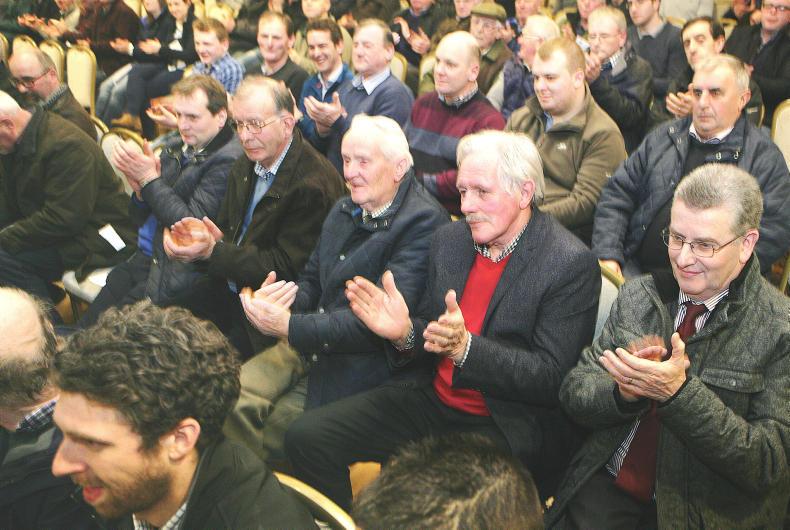
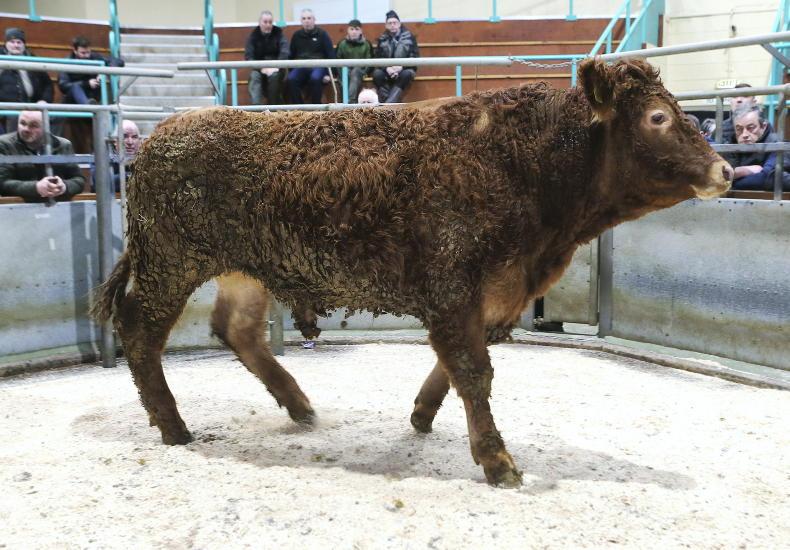

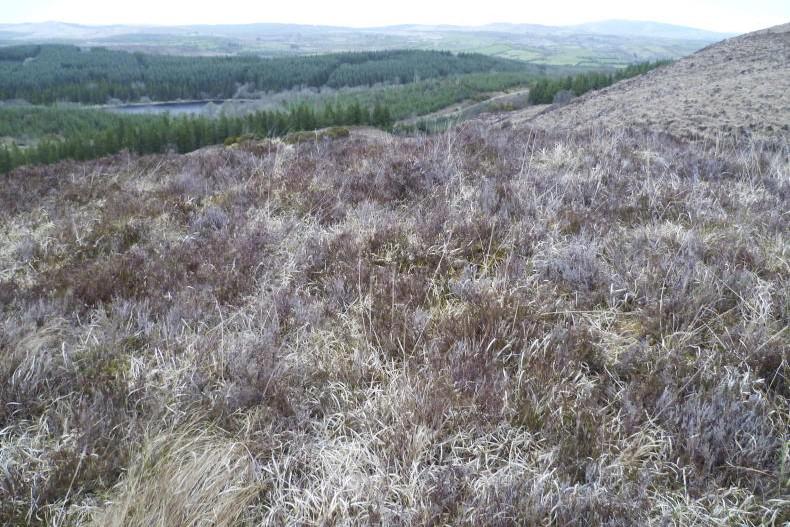
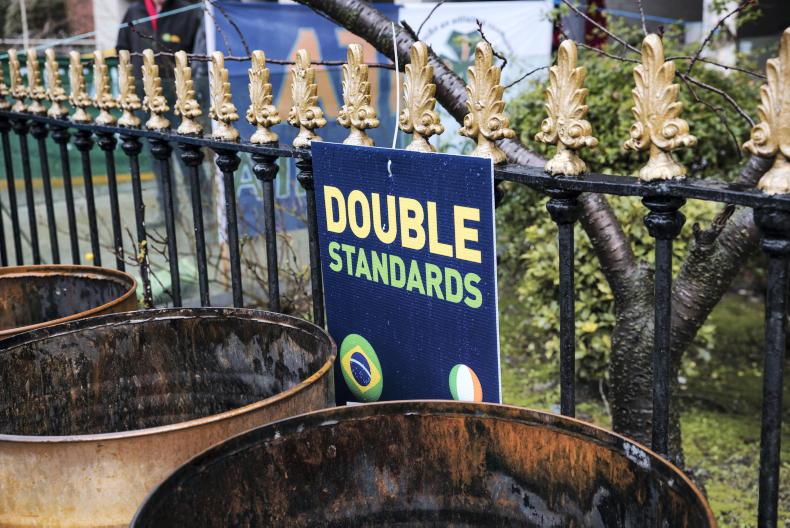
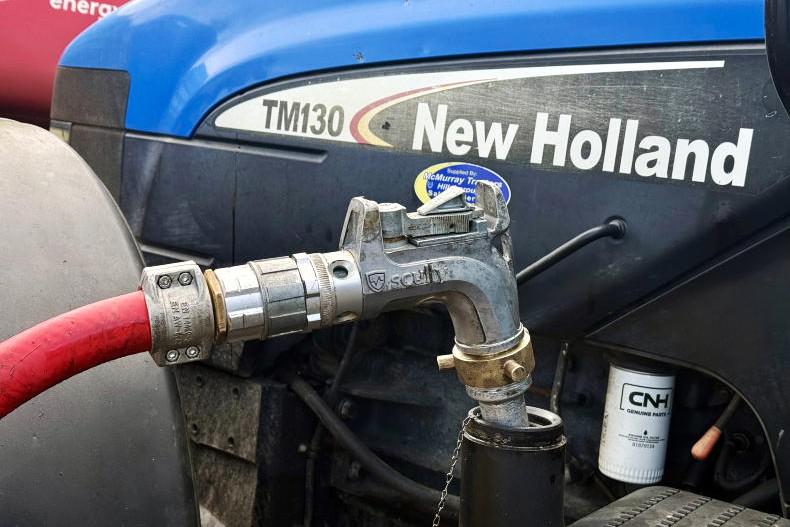
SHARING OPTIONS